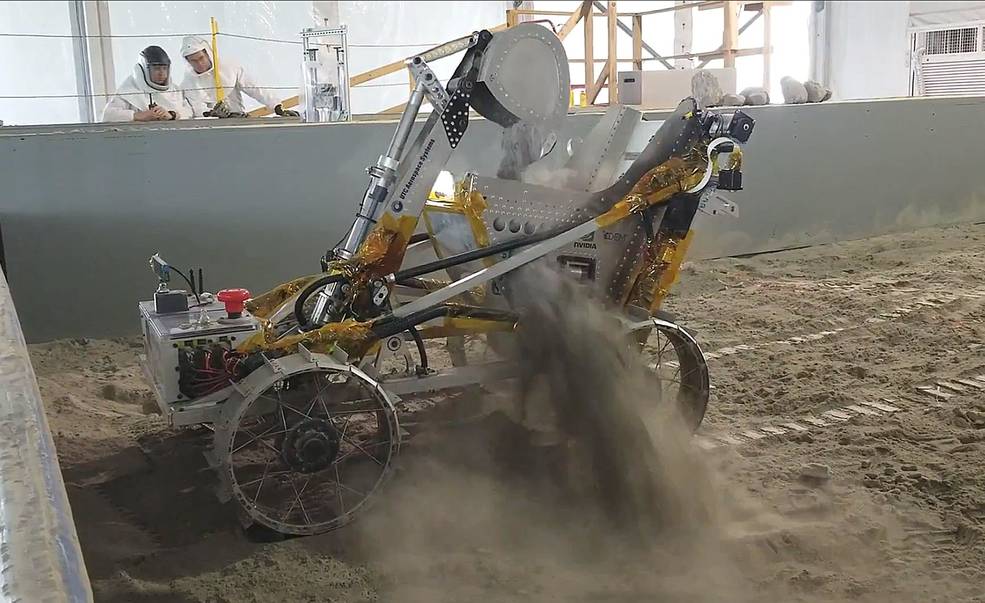FAQ for Commercial Development of the Moon
Q1. Is commercial development of the Moon allowed?
This is a matter of ongoing legislation. There is a combination of national and international legal issues that need to be resolved in order to proceed, but progress is being made on both the national and international fronts. In the US, the National Aeronautics and Space Administration (NASA) has introduced the Artemis Accords (discussed below) as the basis for bilateral arrangements between the US and other countries who wish to be involved in the upcoming Artemis Moon missions. The United Nations Committee on the Peaceful Uses of Outer Space (UNCOPUOS) in Vienna is considering proposals by official Observer organizations (For All Moonkind and The Moon Village Association) to introduce suitable legislation which would allow commercial developments on the Moon.
Q2. What kind of business is likely on the Moon?
There is a range of potential lunar commercial businesses being considered, including the following:
• Lunar orbit and surface tourism
• Research facilities for technology testing, science and education
• Products produced from hard vacuum processes
• Products requiring 1/6th g manufacturing
• Archival storage facilities for terrestrial businesses and governments
• Mining for Platinum Group Metals (PGM's) needed for fuel cells and catalytic converters
• Mining for Rare Earths for smartphones, cameras, magnets, etc
• Mining for He3 for potential fusion reactors
• Lunar based movies and advertising
Q3. What plans are there for sending robotic landers to the Moon?
In association with NASA’s Artemis program, contracts have been signed—under the CLPS program—with a number of potential suppliers of transportation to and across the lunar surface. The initial contracts were awarded to Astrobotic for use of its Peregrine Lander, and Intuitive Machines for use of its Nova-C lander.
Q4. What plans are there for sending human crews to the Moon?
At present the US Government’s Artemis system is intended to take American astronauts back to the Lunar surface in 2025. There are also some possible commercial providers (such as SpaceX) who might offer journeys for space tourists, initially by making a circumlunar flight and returning to Earth, but subsequently they might also include lunar surface experiences.
Q5. What is ISRU?
The acronym ISRU means In-Situ Resource Utilization, which is the process of extracting materials from the local lunar surface in order to augment those brought from the Earth to help sustain human life on the Moon. Examples of possible ISRU applications include the production of oxygen and rocket fuel.
Q6. What are the Artemis Accords?
These heads of agreement – issued May 15th 2020 - are intended to be incorporated in the various inter-country agreements between NASA and its fellow space international agencies, in assembling the consortium that will provide the Artemis lunar landing missions. The accords include the following provisions:
• Peaceful Purposes
• Transparency
• Interoperability
• Emergency Assistance
• Registration requirements
• Release of Scientific Data
• Heritage Site Protection
• Resource Extraction
• Deconfliction of Activities
• Orbital Debris and Spacecraft Disposal
Q7. What companies are involved in the lunar missions?
Robotic landers are being provided by companies including Astrobotic and Intuitive Machines. Crewed landers have been proposed by SpaceX, Dynetics and Blue Origin, with a preliminary award having been made to SpaceX.
Q8. What online websites cover lunar commercial developments?
The following organizations are involved in various aspects of the commercial return to the Moon, and so their websites are a good source of ongoing information on developments:
• For All Moonkind
• Moon Village Association
• Space Resources Round Table
• Lunar Exploration Analysis Group (LEAG)
• Lunar Surface Innovation Consortium (LSIC)
Q9. What space tourism opportunities are there for Moon journeys?
At present, two organizations are offering trips to Lunar orbit for space tourists:
• Space Adventures
• SpaceX

More questions?
If you have further questions, then email us directly at [email protected], stating your question and return address, and we will try to help you, and might even include your question here on the website.